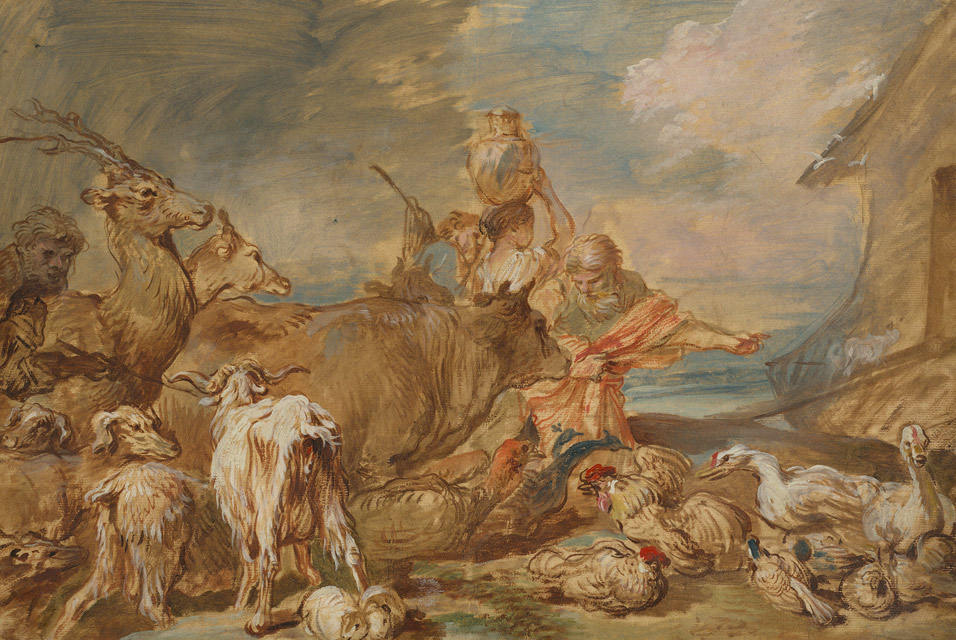
In a study supported by Columbia University (Columbia), the brain was shown to rewind events that turned out to be highly rewarding for a person. It prioritizes those beneficial occasions for retrieval and long-term storage.
At the same time, the brain filters out events that did not result in any positive developments. This combination of prioritization and filtration lets the brain keep the memories that are going to be most useful in making future decisions.
According to the Columbia researchers, humans cannot remember everything they experience. Human memory is also not a perfect copy of the event that they experienced. And while the brain can compensate for this through automatic filtering and prioritization of experiences, the process does take a while to determine which memories are most rewarding.
There are two factors that affect the sequence of event and memory. The first is the window of time after obtaining the reward. The second is a longer period of time that lasts overnight. (Related: Eating blueberries and strawberries is a proactive solution for preventing cognitive impairment.)
Surprising results from a surprise memory test
The Columbia researchers ran an experiment where human volunteers went through several mazes in search of a gold coin. If a volunteer found the coin, he or she would be rewarded with a dollar.
The computer-generated mazes were grids comprised of grey squares. As participants investigated each grid square, they were shown photos of ordinary items.
Once they completed the maze-solving test (and were paid their promised dollar), the participants were given a surprise memory test that evaluated their ability to remember the commonplace objects from earlier. The test was held either immediately after the event or after an overnight period of 24 hours.
To the surprise of the researchers, participants who took the unannounced memory test were only able to remember the gold coin. They could not remember any of the objects on the way to the reward.
Meanwhile, participants whose memories were tested 24 hours after the event could actually recall the objects that they found near the gold coin. They did not remember the other objects that were further off.
A reward makes a memory worthy of recollection
In their study, the researchers noted that the reward exerted a retroactive effect on a participant's memory. Non-reward objects were considered to be unimportant unless they were seen near the reward, in which case they took on more importance memory-wise.
Furthermore, the researchers believed the brain took some time before it could prioritize memories associated with the objects near the reward. That explained why participants who took the memory test 24 hours after the maze test remembered the objects near the reward.
"For memories to be most useful for future decisions, we need them to be shaped by what matters, and it's important that this shaping of memory happen before choices are made," the researchers said.
The means by which the brain accomplishes this memory playback is still unknown. Researchers theorize that it involves dopamine and the hippocampus. The former is a chemical that is released by the body in response to positive inputs like rewards, while the latter is the region of the brain that handles long-term memory.
The researchers concluded that the motivation of a person can affect his memory and guides the choices he makes. Providing a strong and memorable motivation could help students learn better during lessons or improve the general mental health of a person.
Sources include:
Please contact us for more information.























